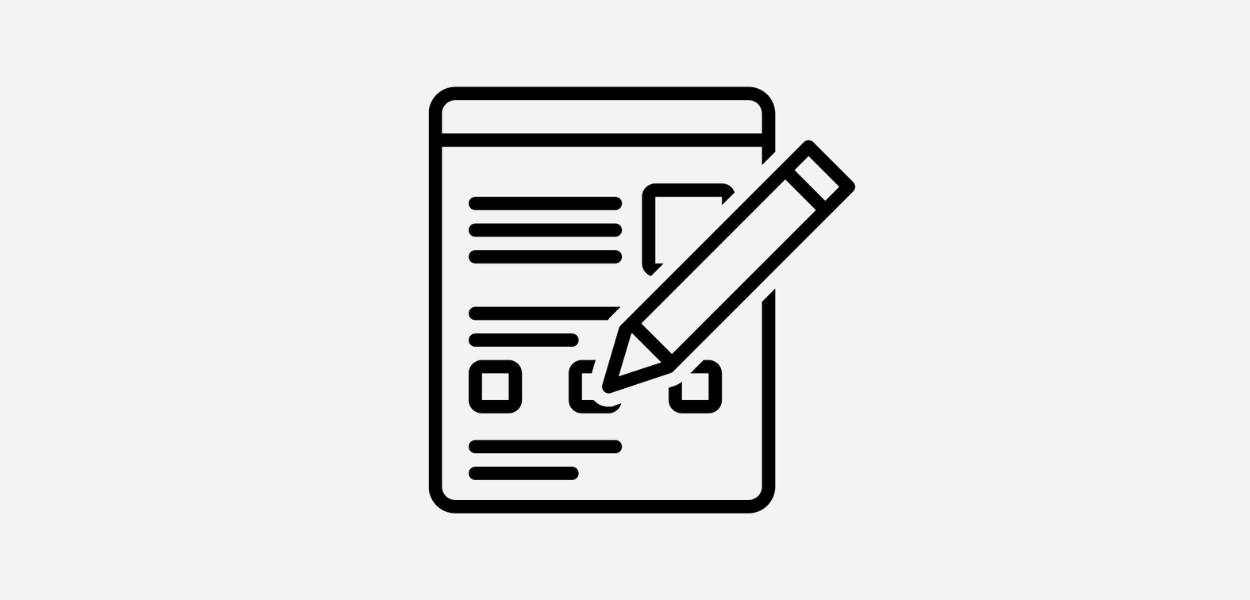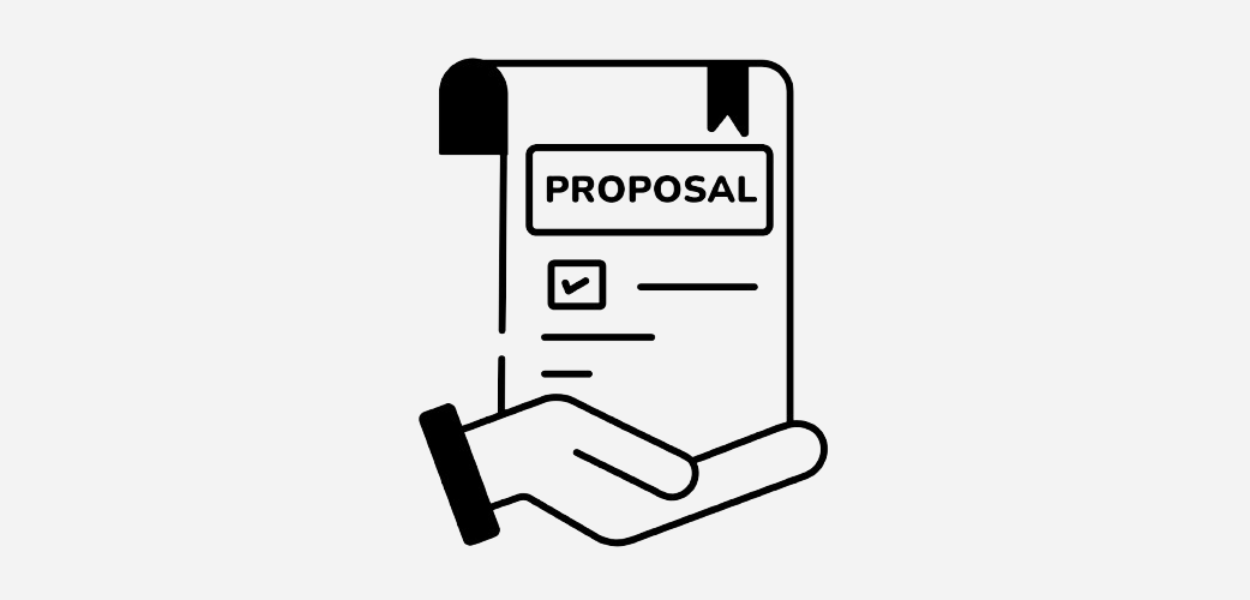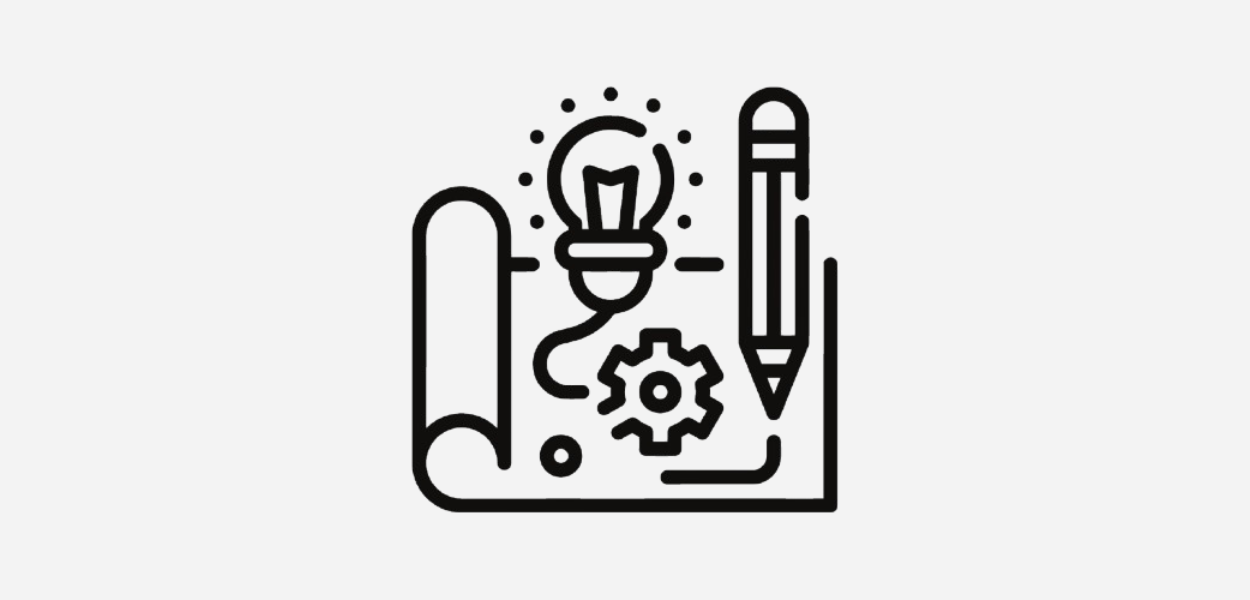Not all inverters are built equal. Our grid tie models are designed for clean, seamless energy conversion that delivers maximum efficiency with minimal effort. They’re built for real-world homes—quiet, reliable, and easy to manage—so you can focus on living, not tinkering.
Each inverter is crafted with advanced MPPT technology that tracks sunlight in real-time, ensuring you get the most power out of every ray. The result? More energy, lower bills, and a setup that practically runs itself.
Design & Everyday Experience
You’ll notice the difference from day one. Compact and sleek, our power inverters blend easily into your setup without taking up space or drawing attention. They run whisper-quiet, stay cool under pressure, and deliver consistent performance no matter the weather.
Picture this: your appliances running smoothly, your meter spinning backward, and your system working in perfect harmony with the grid. That’s what a well-designed grid-tie inverters feels like—clean solar energy that just works.
Features & Practical Benefits
Efficiency meets reliability here. Every grid tie inverter in our collection is optimized for real-world conditions, ensuring stable output even when sunlight fluctuates. Built-in safety systems protect against overloads, while smart monitoring tools let you track performance right from your phone or laptop.
They’re easy to install, low-maintenance, and engineered for long-term durability—because investing in solar power systems should feel like progress, not a project. With proven performance, extended warranties, and intuitive controls, these inverters take the guesswork out of going green.
Find Your Perfect Match
Whether you’re powering a small home setup or a full-scale solar array, you’ll find an inverter here that meets your needs and fits your budget. Choose smart. Save more. And start generating clean energy that keeps on giving.
Explore the collection and take the first step toward a brighter, more efficient future.















